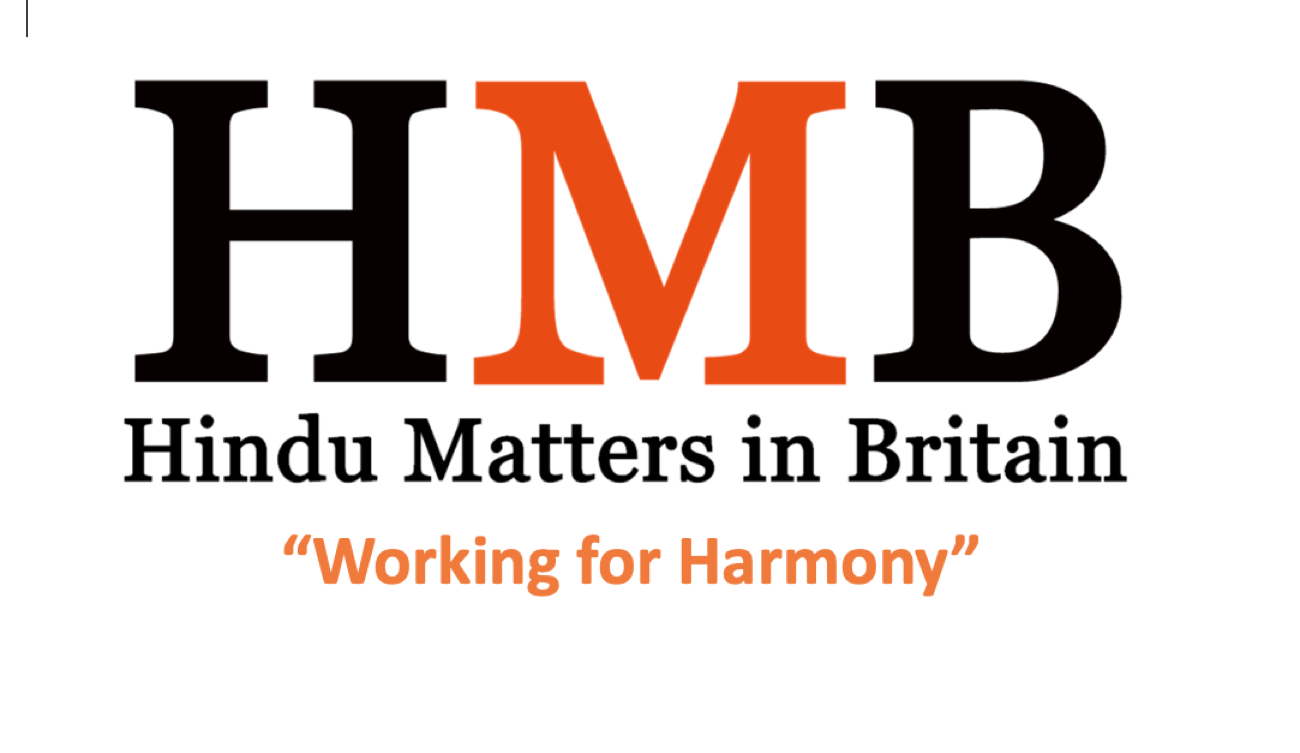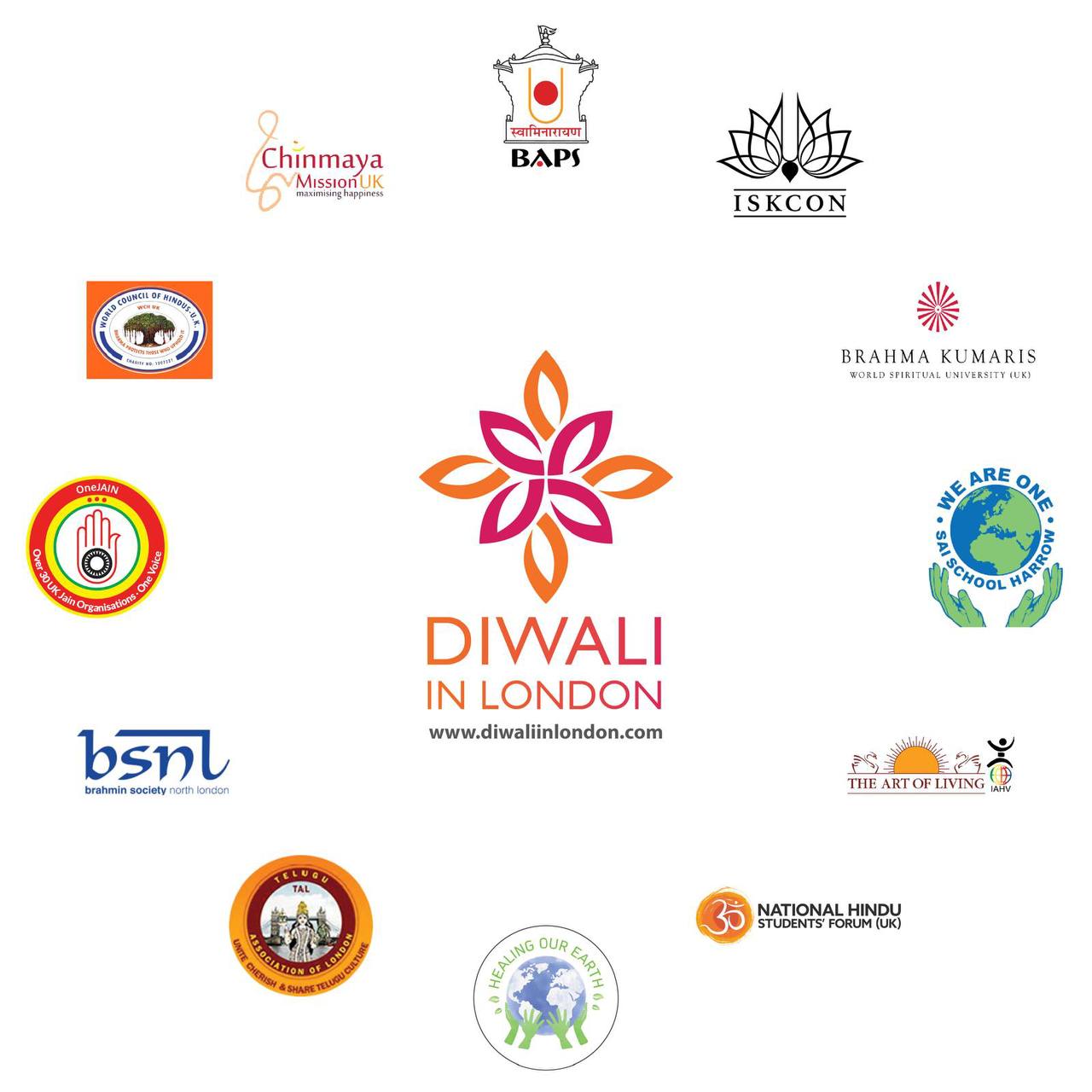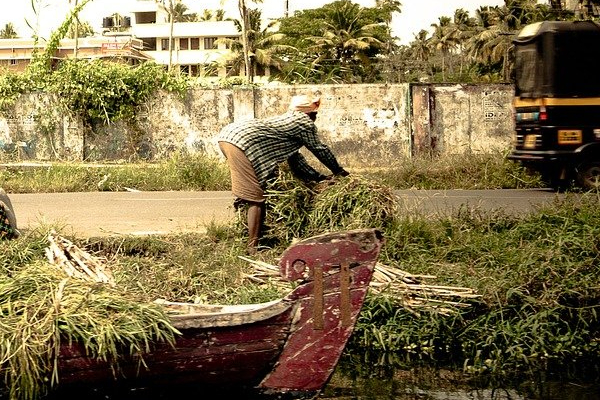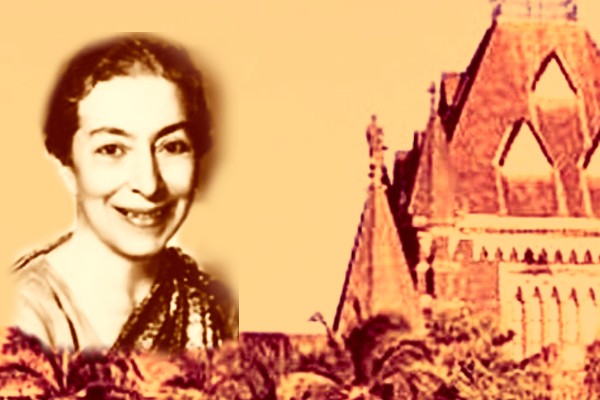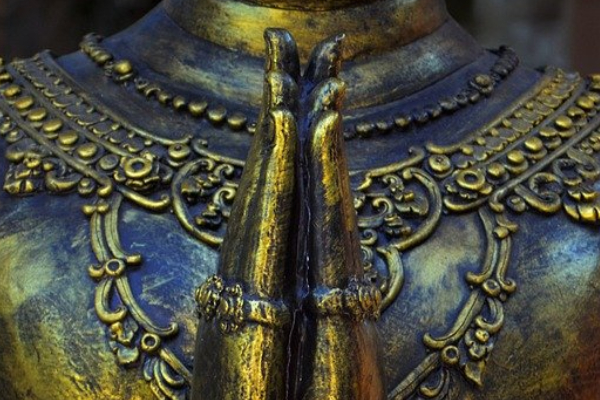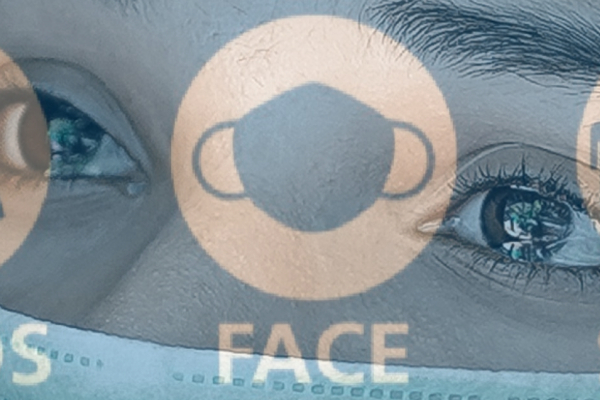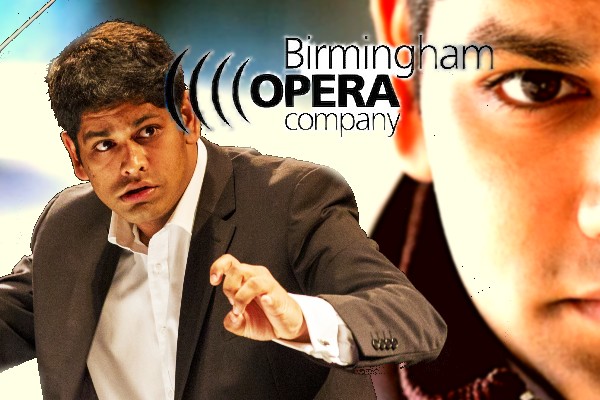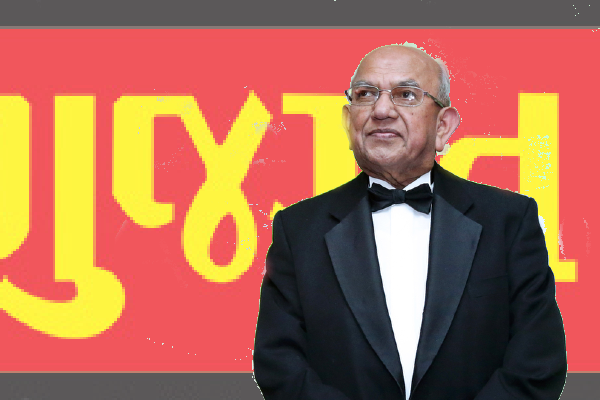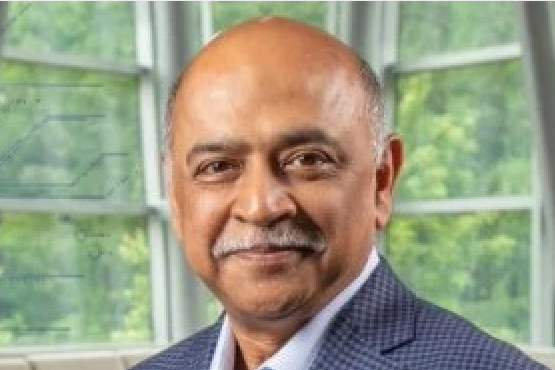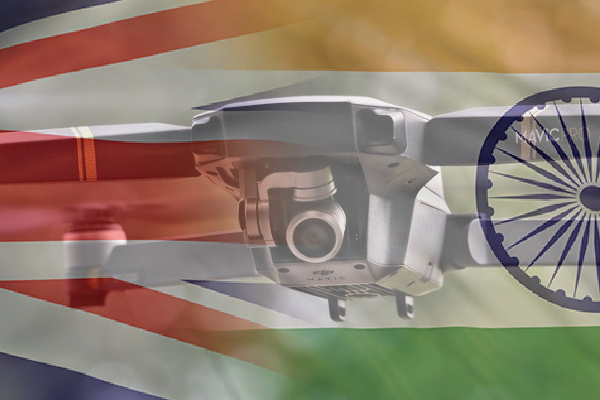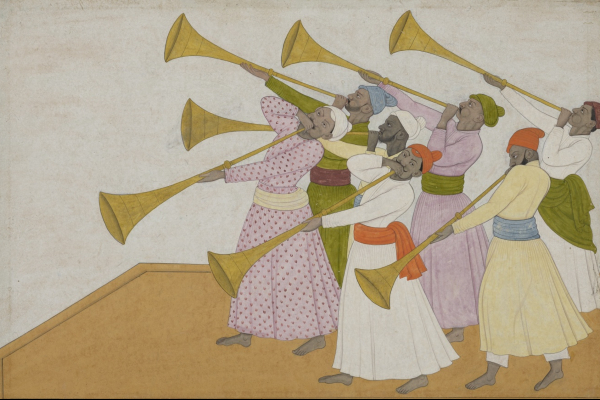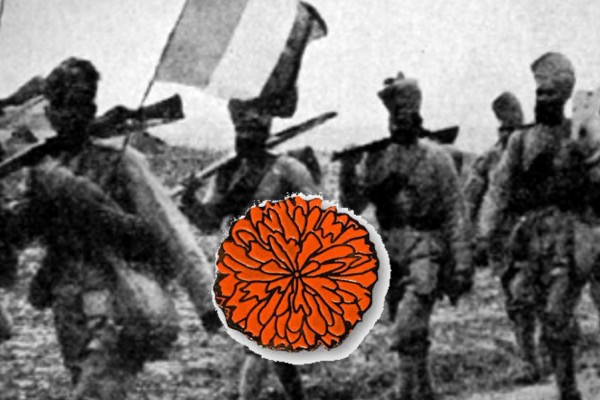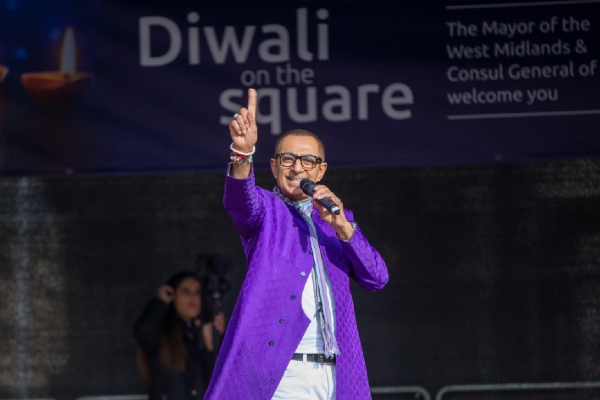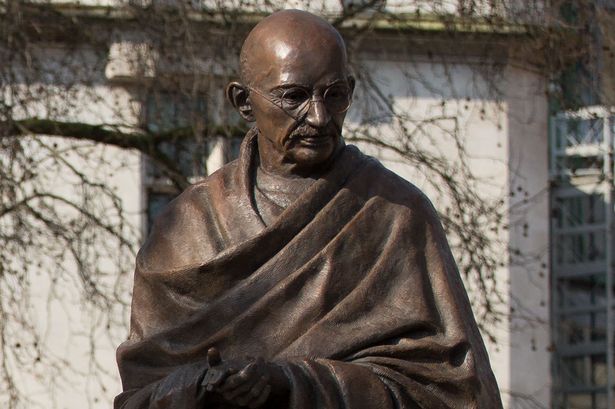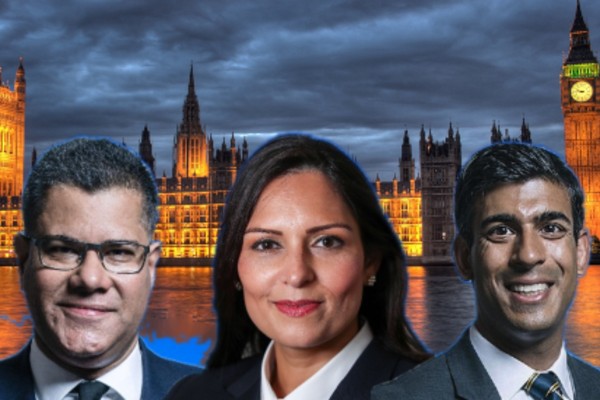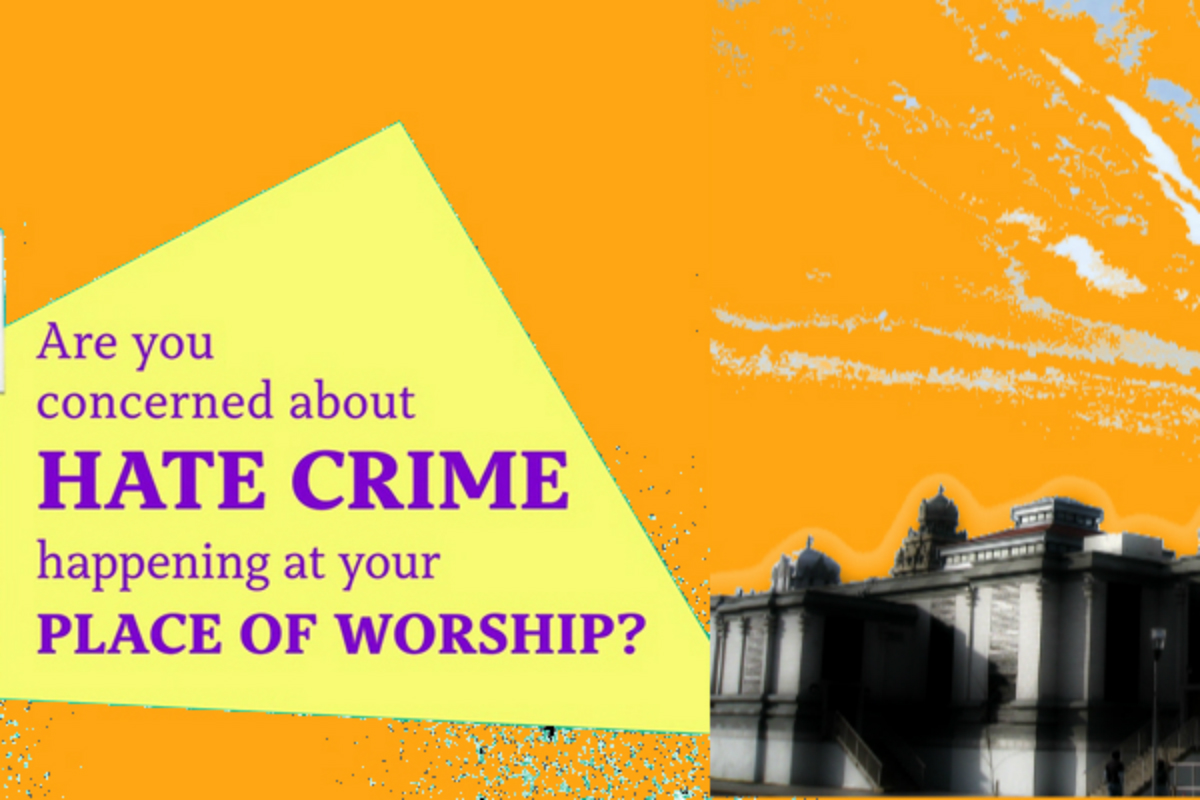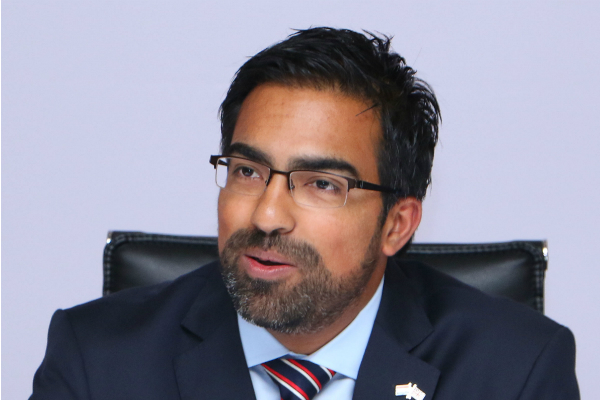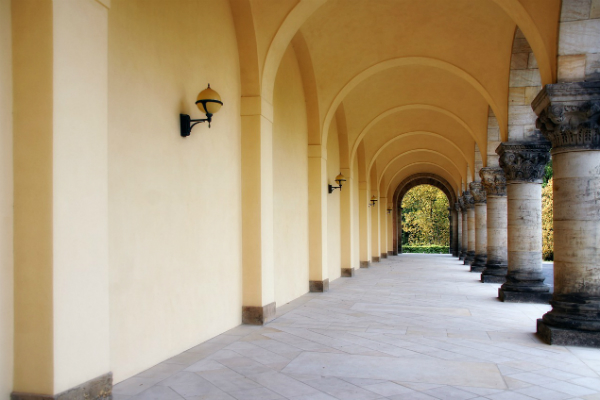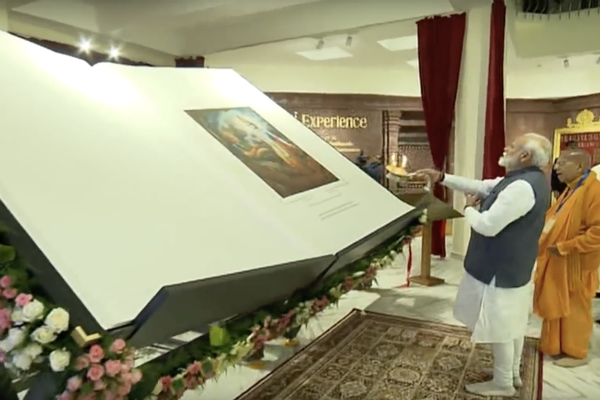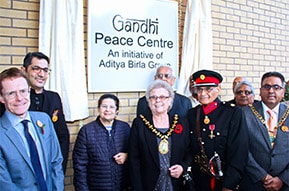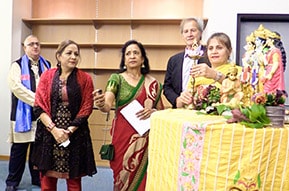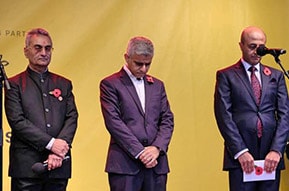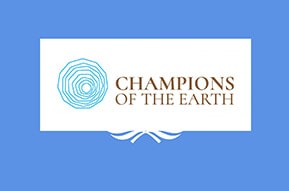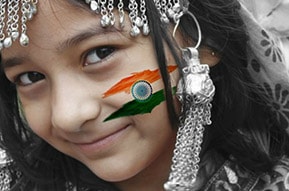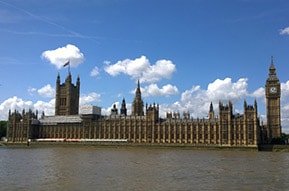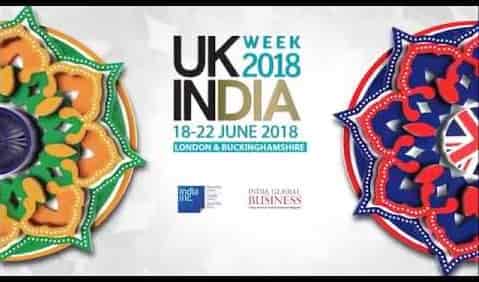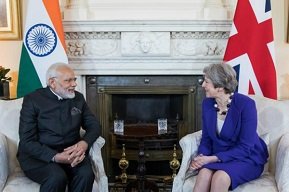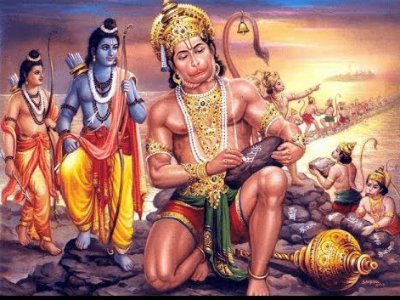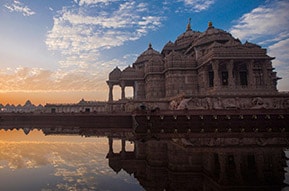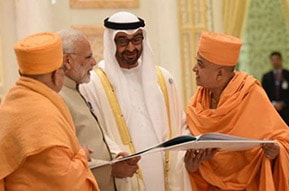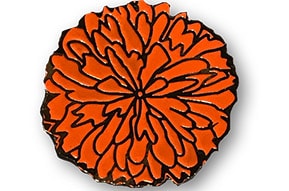Lord Popat: Faith in Public Life
He is seen as an astute entrepreneur and public figure who walks through the corridors of Parliament with style, but with subtlety. Lord Dolar Popat is headlined as the first Conservative Ugandan-born peer in the House of Lords. He is also the first Gujarati. He links his destiny to his birth connection to Africa and to his Indian heritage. The East African Indian connection is what he proudly shares with his life in Britain – the country whose values he credits for giving him the opportunities he’s had in life.
For a man who came with nothing on the arrivals lounge at Heathrow, he has built a multi-million-pound business within a couple of decades with hard work, persistence and strategic foresight. When asked about how hard he works – he says it is as an ‘eight-day week.’ Lord Popat’s healthcare and hospitality business is aimed at the top end of the market. It helps to illustrate his foresight and long-term strategic planning - we all grow old and are living much longer. Thus, it is most likely that many people will need support beyond the extended family network. You cannot do this without a vision, clear objectives, hard work, some luck and a little bit of panache. The key ingredients for a man who has successfully combined faith, politics, enterprise and civic duty.
There is no shortage of inspiring rags to riches stories in the East African Indian ladder of life. For Lord Popat however, he sees ‘civic duty’ as Sewa (service) for the country that adopted him and offered him life enhancing opportunities. It is Sewa through the legislature process of Parliament is in the same vain to an individual doing a pilgrimage to a holy place as a penance for a better life for himself and his extended family.
The analogy is apt with his thinking and drive to encourage more young people to better engage with the public space. “People in our communities are very ambitious and successful. Many play a significant role in their communities but more people need to participate in civic duties – they need to become School governors, councillors, MPs or an MEP.” he argues. British Indians need to be involved in the decision-making process.
Lord Popat recalls how when he first came to Britain it was an unknown alien territory. “We had to adapt and have a new vision and outlook. In Uganda, generation after generation of our people inherited the family business. Economically we were the most powerful. But we never engaged in politics and public life. And this is what has to change for the young generation of British Indians.
Looking back at his youth, the young Dolar fled Uganda with the Amin crisis in 1971. He managed to make it to Britain on his own at age 17 and gained refugee status within a few months. Carrying only a few quid in his pocket, he quickly had to distinguish between the kind generosity of Britain to let him in, in sharp contrast to the harsh reality of ‘in the face’ discrimination and suspicion.
“I have been called all the names associated with prejudice. I could not even get a place to stay. It was actually the Irish immigrants who actually gave me my first accommodation,” he stresses. Nevertheless, he feels that the British had shown him great compassion and tolerance. The overall generosity he received is what is the driving force of the “goodness of this country”, he reflects.
“What is great about this country is that it has offered us opportunities. For those who seize these with both hands are the ones who can make it” he explains. What is wonderful is that British Indians have grabbed their chances. They have integrated very well, work very hard, have strong family values and made Britain their home. These are the real values of what British society stands for and why so many people would like to come here.
Lord Popat came from humble beginnings. In his youth, he did his fair share of earning pennies through a whole host of jobs from a dishwasher, waiter to grill chef to pay the bills. He enrolled in a night school at Kilburn Polytechnic to study accountancy. There were no role models to guide him – just the examples of people around him and the foresight to know that it will be the key to the future.
He went on to qualify as an accountant and went on to form a company that advised small businesses on how to raise capital. But that is after he trained himself the hard way in business by running a corner shop for six years. Learning how to raise money was his key to economic success as he knew where the gaps were in the market. He went on to founding the TLC Group, which has a string of hotels and high-end care homes across Britain in its portfolio.
The niche demands of care home have conjured up new challenges as he now provides bespoke type of community living for Indian communities. This includes a care home for the British Indian market with integrated temple and priests on-site; Indian cuisine with Indian languages provision and it’s in the heart of the largest Hindu community in the UK in Harrow, north London. This is the way to the future as we all grow older and need support of the elderly kind.
Integrating ideas within enterprise is one thing. Lord Popat had decided earlier on in his career to align himself to the decision-making opportunities of politics, or more importantly, a civic duty to make a difference. He has been an active supporter of the Conservative Party since the early 1980s, serving under two Prime Ministers of the time, Margaret Thatcher and John Major in advising on minority communities. He has been a strong advocate of community cohesion and the ‘importance of reconciling and uniting different cultures within the country’s democratic infrastructure.
Like so many in the British Indian community, Lord Popat believes that the Conservative ethos of enterprise, social responsibility, hard work and family are values that fit well with British Indians and the overall values of British society. He has been campaigning hard to get the Conservative Party better engaged with the British Indian community. He was the Founder and Chairman of the Conservative Friends of India – launched by Prime Minister David Cameron in 2012 with over 900 members of the British Indian community present - but had to relinquish it after being appointed a Government Whip.
“It is an absolute honour to have been appointed as Government Whip and to have the chance to serve in Her Majesty’s Government. I never imagined when I arrived in Britain 40 years ago from Uganda that would be so fortunate and I feel very humbled by the appointment,” he stated. Lord Popat has held other Ministerial posts too. So the strategy seems to be on track as 47% of British Indians voted for the party in the 2015 election compared to only 24% in 2010 General Election. His desire to bring his community and his Party together, coupled with over thirty years of work trying to make it happen, finally seem to be paying off.
So from enterprise to politics to civic duty - where does faith fit in? Lord Popat believes that politics and religion go hand in hand. They complement each other. He recently wrote an article stating that for all the tolerance that we show in this countries toward Hindus, Sikhs, Muslims and Jews, we are becoming increasingly intolerant of Christianity. … we should be celebrating the impact of Christianity on Britain”. It is Christianity that has helped to shape this country’s values, so faith cannot be ignored. ‘We should be celebrating the diversity of our faiths and beliefs’ as this is what makes us, he points out.
Lord Popat is an admirer of the Indian spiritual leader Morari Bapu, who is a great orator, singer and has great humour. “I listen to Bapu regularly, I think spirituality is important as it empowers the soul; I always try to prioritise spirituality and ensure I have adequate spiritual time along with everything else in the day.” He thinks it is essential that his party and others do engage with temples and local communities as it shows how important faith is in the ethnic communities. Indeed, David Cameron has visited the iconic Neasden Temple.
Success in business and politics has not encouraged Lord Popat to retire on the golf course. He insists that he enjoys his ‘eight days a week’ schedule as there is so much to do. Nevertheless, leaving a legacy is also not relevant. What he is really passionate about is trying to get more British Indians involved in politics and civic duty. And if that is what others see as his legacy, he will not be disheartened.
Lord Popat is urging the younger generation to come forward and engage in the political process. It’s no point complaining afterwards because you disagree with something,’ make your opinion count now for future security and stability, he urges. “Parliament is like my family – I want to help the next generation.” He also continues to work for various charitable causes and guiding his three sons through their careers. The man who was ennobled in 2010 by David Cameron can’t help but envisaging the Houses of Parliament as a temple where so many decisions are made that impact society – it is his Sewa.
